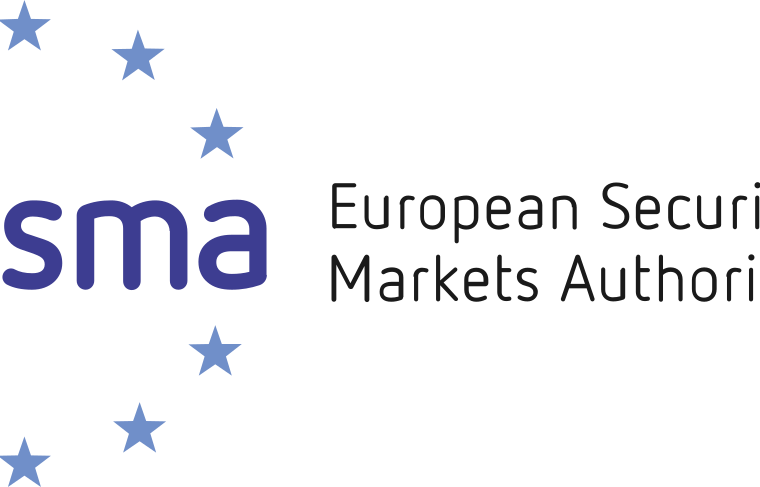 Over the last two-plus years, Europe and the US have been at loggerheads over a proposal by the European Securities and Markets Association (ESMA) and the European Commission, which suggested that the Europeans might demand that swaps which are cleared beyond their borders are also approved by their regulators.
Over the last two-plus years, Europe and the US have been at loggerheads over a proposal by the European Securities and Markets Association (ESMA) and the European Commission, which suggested that the Europeans might demand that swaps which are cleared beyond their borders are also approved by their regulators.
“Relying on foreign regulation and regulators will continue to be very important, but in some cases, as you identified when there are systemic risks, in those cases, you want better tools from a European perspective,” said Steven Maijoor the Chair of ESMA when he appeared on the podcast FIA speaks in 2019, “and making sure that the risks from a European perspective are- that we have the information on that and if there is a concern we can address that from a supervisory perspective.”
American regulators at the Commodities Futures Trading Commission and a bi-partisan membership of the US Congress have rejected this plan, stating that US trades should be only monitored by US regulators.
Now, the EC has released its proposal.
Find the proposal here.
The law was simplified, according to an article in Reuters.
The clarity terms appear to be a step in the right direction, from the perspective of the US.
CFTC Chair Dr. Heath Tarbert immediately issued a statement welcoming the proposal.
“The CFTC welcomes the EC’s proposals published today, which are a positive step in the EU’s implementation of its amended regime for CCP regulation. Mindful of the objectives and responsibilities of the EU authorities tasked with monitoring risks to EU financial stability, today’s proposals balance the fulfillment of those objectives and responsibilities with deference and international comity as to home country supervision of U.S.-based derivatives clearing organizations operating in Europe.
“I continue to appreciate the collaborative spirit of engagement with our EU counterparts and remain encouraged by the commitment on both sides of the Atlantic to proceed with a mutually beneficial arrangement that will stand the test of time. Such an arrangement for the supervisory oversight of U.S. TC-CCPs entails not only regulatory deference and international comity but also enhanced information sharing and regular communications between supervisory authorities.”
Dr. Tarbert also continued to stress that any outcome will only be determined by “deference”.
“Over the years since the G20 reforms to derivatives markets following the 2008 financial crisis, and to the present day, we are increasingly witnessing cross-border derivatives regulation that utilizes comity and deference. We appreciate the way that these important principles are reflected in today’s proposals, which set forth clear and reasonable quantitative indicators to determine whether a TC-CCP may be systemically important to the EU or any Member State.
“Moreover, I have repeatedly said before that deference is a two-way street. We continue to consider ways in which the CFTC can show further deference to the EU, and other jurisdictions as appropriate, with regard to market participants across key pillars of the cleared derivatives markets, ranging from intermediation and execution to clearing, and trade reporting.”
The disagreement between the US and the Europeans is over this concept of deference.
Following the financial crisis, the G20 met in Pittsburgh the chart a new path for swap clearing.
SWAPs, and particularly credit default swaps, played a critical role in creating the crisis.
SWAPs would primarily be cleared by central counterparties (CCPs). Each member would agree to a set of principles, called equivalency, when regulating the swaps clearing but would also agree to deference.
By this, that means each member trusts that a home country regulator is best suited for regulating a given transaction.
Since England left the EU, the rest of Europe has wanted to continue regulating not only swap transactions in England but in the rest of the world, namely the US, as well.









